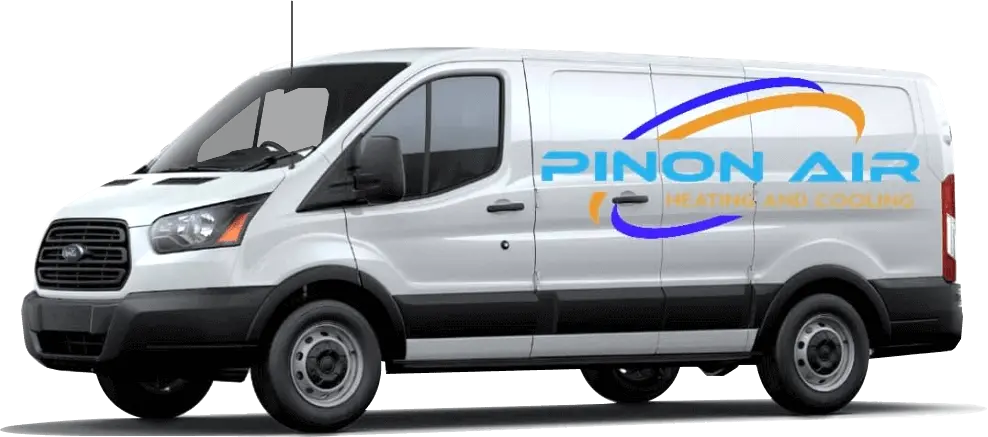As a homeowner or light commercial property manager, finding efficient and flexible heating and cooling solutions is a top priority. One option that is gaining popularity for its versatility and energy-saving capabilities is ductless HVAC systems. These systems offer a wide range of benefits, including customizable temperature control, energy efficiency, and easier installation when compared to traditional centralized systems. Understanding the advantages of ductless HVAC systems and how they can transform your residential or light commercial property’s comfort and efficiency is essential when considering an upgrade or replacement.
Ductless HVAC systems, also known as mini-split systems, consist of an outdoor unit and one or more indoor units that deliver conditioned air directly to individual rooms or zones. This design allows for precise temperature control, enabling occupants to set their preferred comfort levels in each area without impacting others. As a result, ductless systems are a perfect solution for homes with differing temperature preferences or light commercial spaces requiring unique temperature settings in different zones.
Understanding Ductless HVAC Systems
Before delving into the advantages of ductless HVAC systems, it’s essential to understand how these systems work and how they differ from traditional centralized systems. Ductless HVAC systems, also known as mini-split systems, consist of two primary components: an outdoor unit containing the compressor and condenser, and one or more indoor units that distribute the conditioned air directly to individual rooms or zones. These units are connected by refrigerant lines, eliminating the need for ductwork.
Key Benefits of Ductless HVAC Systems
There are several reasons why residential and light commercial property owners are increasingly opting for ductless systems over traditional HVAC solutions. Here, we’ll discuss the most significant benefits that make ductless HVAC systems stand out:
1. Customizable Comfort: Ductless systems allow for zoned temperature control, meaning occupants can set their own comfort levels in different areas without affecting the rest of the property. This is ideal for homes or light commercial properties where individual needs and preferences may vary.
2. Energy Efficiency: Ductless HVAC systems are known for their energy efficiency, as they do not experience the energy losses associated with ductwork leaks found in traditional centralized systems. This translates into lower energy consumption and reduced utility costs.
3. Easy Installation: The installation process for ductless systems is typically less invasive and time-consuming than installing a centralized HVAC system. While installing a traditional system often involves extensive ductwork and remodeling, ductless systems only require a small hole in the wall to connect the indoor and outdoor unit.
4. Improved Indoor Air Quality: Ductless systems ensure better indoor air quality by eliminating the need for ductwork, which can harbor dust, allergens, and other contaminants. With proper maintenance, such as regular cleaning and filter replacement, ductless systems contribute to a cleaner and healthier indoor environment.
Selecting the Right Ductless HVAC System
Choosing the right ductless HVAC system for your residential or light commercial property depends on a variety of factors, such as the size of the space, the number of rooms or zones to be conditioned, and any specific temperature requirements. Here are some factors to consider when selecting a ductless HVAC system:
1. System Capacity: It’s essential to choose a ductless HVAC system with the right capacity to adequately heat or cool your space without overloading the system or wasting energy.
2. Number of Indoor Units: Determine how many indoor units you’ll need for your property, based on the desired degree of customization and the individual comfort needs of the occupants.
3. Energy Efficiency Rating: Look for ductless systems with high Seasonal Energy Efficiency Ratio (SEER) and Heating Seasonal Performance Factor (HSPF) ratings, as these systems will consume less energy and lower your utility bills.
4. Additional Features: Some ductless HVAC systems offer advanced features like remote control operation, programmable thermostats, and even air-purifying capabilities. Consider your preferences and prioritize the features that are most important to you.
Professional Installation Makes All the Difference
Despite the relatively simpler installation process of ductless systems, it is crucial to have them installed by experienced professionals. Our technicians have the necessary expertise to assess your property and recommend the most appropriate ductless system, ensuring its proper installation and optimal performance. Benefits of professional installation include:
1. Correct Sizing: Our technicians will guide you in choosing a ductless HVAC system of the right capacity for your space, ensuring optimal performance and energy efficiency.
2. Proper Installation: Our professionals are well-versed in the nuances of ductless system installations, ensuring a seamless and efficient process that minimizes potential disruptions.
3. Warranty Preservation: Most manufacturers require professional installation to maintain warranty coverage on their products, protecting your investment in the long run.
Conclusion
Ductless HVAC systems offer multiple benefits, such as customizable comfort, energy efficiency, and easy installation, making them an attractive heating and cooling solution for residential and light commercial properties. By selecting the right system and entrusting installation to experienced professionals, you can maximize the advantages of a ductless HVAC system and enjoy a comfortable, energy-efficient indoor environment.
Our skilled technicians at Pinon Air Heating and Cooling are dedicated to providing expert installation, repair, and maintenance services for ductless HVAC systems. Contact our HVAC company in Glendale today to discuss your property’s unique heating and cooling needs and explore the possibilities of upgrading to a ductless HVAC system.






